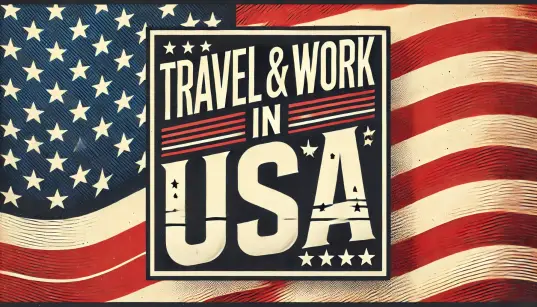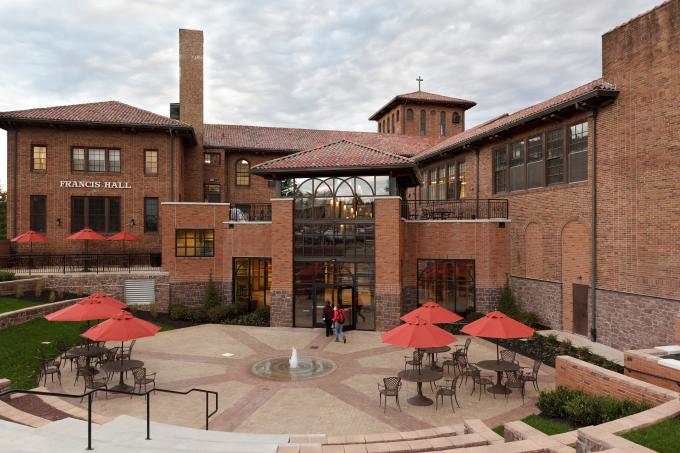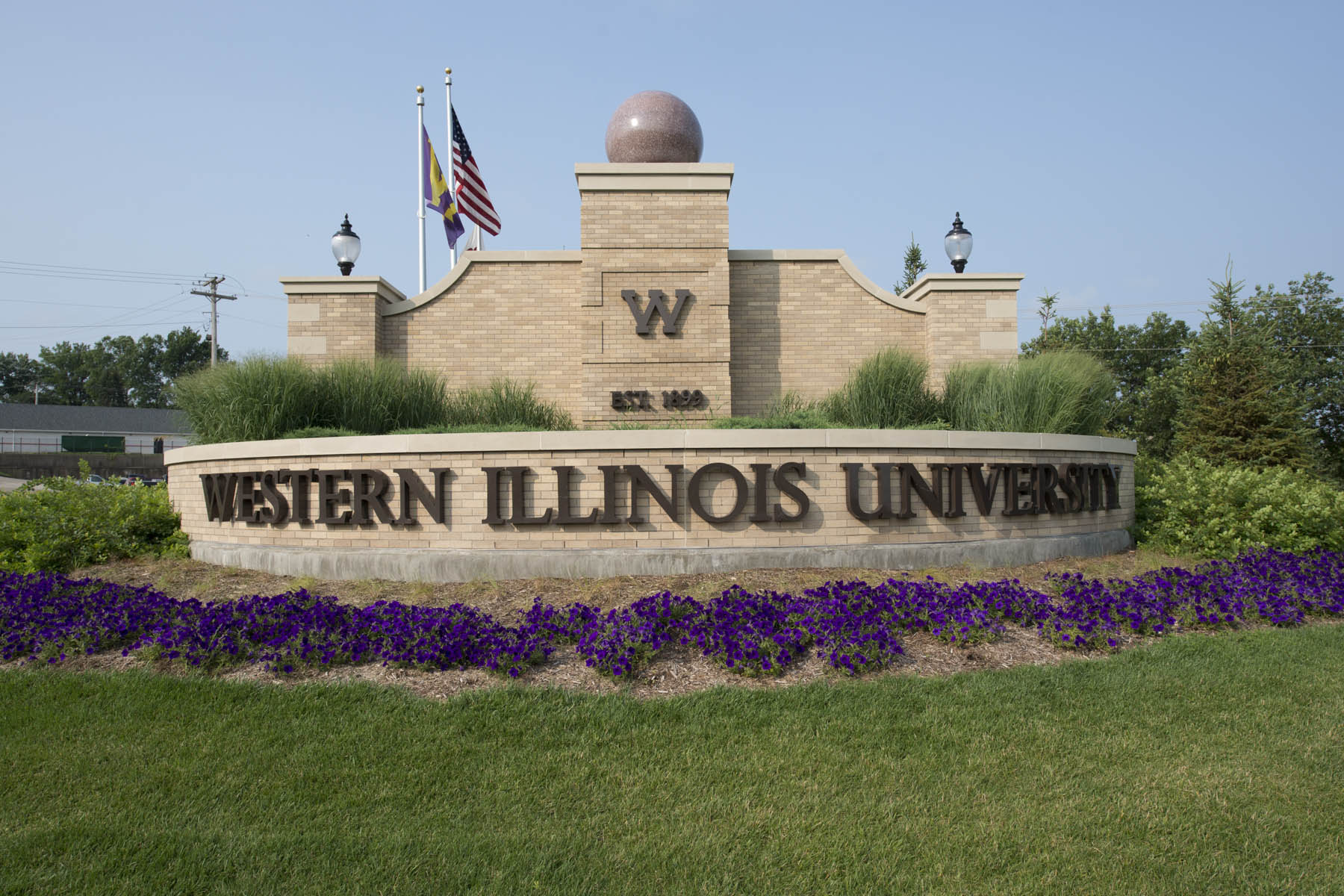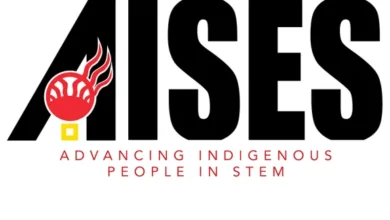USA Job Grant Visa Sponsorship Opportunities In 2024/2025

Whether you’re a seasoned professional, a recent graduate, or someone exploring new career paths, we will delve into various industries and roles that actively offer visa sponsorship. From understanding the basics of visa sponsorship to identifying potential employers and navigating the application process, this guide is designed to equip you with the knowledge and strategies needed to successfully secure a job in the USA with visa sponsorship. Keep reading to embark on your journey towards a fulfilling career in the land of opportunities.
Scholarship Description:
- Host Country: USA;
- Study Level: Job Schoalrship
- Scholarship Type: Partial Funding;
- Scholarship Worth: $20,000;
- Eligible Countries: International;
Visa sponsorship is a crucial process where an entity, typically an employer or a family member, supports a foreign national’s application for a visa or green card by providing the necessary documentation to the government. This includes offering proof of a legitimate job offer or financial stability, filing necessary petitions, and ensuring legal compliance, such as submitting a Labor Condition Application to the Department of Labor for employment-based visas like the H-1B.
The sponsor acts as an intermediary between the applicant and immigration authorities, maintaining communication and tracking the application’s progress. Employment-based sponsorship often involves demonstrating the job’s specialized requirements and the employee’s qualifications, while family-based sponsorship requires proof of the relationship and the sponsor’s financial ability to support the immigrant.
Who Can Act as a Sponsor for Visa Applications ?
Various entities can take on the role of a sponsor for visa applications, facilitating the entry of foreign nationals into a country.
Organizational Sponsors
Organizations such as businesses, educational institutions, and government bodies are commonly involved in sponsoring visas. These entities often sponsor visas for employment purposes, educational opportunities, or research positions. Companies may sponsor work visas to fill specialized roles, universities might sponsor student visas for international students, and government agencies may sponsor visas for specific programs or initiatives.
Individual Sponsors
In some cases, individuals can also serve as visa sponsors. This typically includes family members such as spouses, parents, or children who wish to bring their relatives to join them. Employers may also act as individual sponsors, especially in cases of small businesses or personal employment, where the business owner directly sponsors a visa for a prospective employee.
Visa Categories Requiring Sponsorship
Visa sponsorship is integral to many immigration processes, providing essential support and documentation for successful visa and green card applications. Here’s a breakdown of which visa categories often require sponsorship:
Temporary Work Visas
Temporary work visas often necessitate sponsorship depending on the specific visa type and the regulations of the host country. These visas are typically used for short-term employment opportunities, requiring the sponsoring entity to justify the need for hiring a foreign worker for a temporary position.
Employment-Based Visas
For companies looking to hire foreign talent, sponsoring employment-based visas is a common requirement. These visas are designed for longer-term employment opportunities, where employers must demonstrate the foreign worker’s qualifications and the necessity of their skills for the company. The sponsorship process often involves detailed documentation and proof that hiring a foreign worker will not adversely affect local labor conditions.
Family-Based Visas
Family-based visas require sponsorship when a citizen or permanent resident wishes to bring close family members, such as parents, spouses, or children, to live with them. Sponsors must provide evidence of the familial relationship and often demonstrate their ability to support the visa applicant financially, ensuring that the immigrant does not become a public charge.
The Role of Sponsorship in Visa Approval
Sponsorship is pivotal in the immigration process, offering the endorsement and documentation needed for the approval of visa applications and green cards. Sponsors, whether they are employers or family members, must adhere to specific requirements and provide comprehensive support throughout the application process. This includes submitting petitions, financial documents, and other necessary paperwork to validate the application and meet the host country’s immigration standards.
Eligibility Requirements
Key Factors Determining Eligibility
- Sponsoring Country Requirements:
- Each country has unique immigration regulations that outline the necessary qualifications for visa applicants. These can include language proficiency tests, educational credentials, health examinations, proof of financial stability, and relevant work experience. These requirements ensure that the applicant can integrate and contribute effectively to the host country.
- Type of Visa:
- Family-Based Visas: Eligibility hinges on the relationship with the sponsor. Common categories include visas for spouses, children, and parents, each with its own set of conditions and limitations.
- Employment-Based Visas: Applicants must have skills, certifications, and work experience that align with the needs of the sponsoring employer. Educational background and specific job-related qualifications are critical.
- Temporary Work Visas: These visas may require specialized skills relevant to the job, consideration of the applicant’s nationality, and the duration of the intended employment.
Additional Eligibility Considerations
- Travel Restrictions: Certain nationalities may face specific restrictions that can affect their visa eligibility.
- Security Clearances: Some visa categories necessitate thorough security checks, particularly for roles that are sensitive or critical.
Steps to Assess Eligibility
- Consult Immigration Professionals: Seeking advice from immigration experts can provide tailored guidance and increase the chances of a successful application.
- Research Official Channels: Investigate the specific requirements and procedures through official immigration websites and resources to ensure compliance with all regulations.
Documents Requirements
- Work Experience Records and Letters of Recommendation:
- Detailed records of your professional experience and endorsements from previous employers or colleagues can strengthen your application.
- Birth Certificates and Marriage Certificates:
- These documents are necessary to verify your identity and familial relationships.
- Proof of Financial Resources:
- Documents such as bank statements and tax returns demonstrate your financial stability and ability to support yourself during your stay.
- Passports and Identification Documents:
- Valid and up-to-date identification is essential for your application.
- Police Clearance Certificates (if applicable):
- These certificates provide evidence of a clean criminal record, which may be required for certain visas.
- Educational Transcripts and Diplomas:
- Copies of your academic qualifications are often needed to prove your educational background.
- Medical Examination Results (if applicable):
- Health check results may be required to ensure you meet the health standards of the host country.
Important Considerations
- Varying Requirements: Each visa category and host country may have specific documentation requirements. Ensure you are aware of and comply with these variations.
- Completeness and Accuracy: Incomplete or inaccurate submissions can lead to significant delays or even denials of your visa application.
- Seek Professional Advice: Consulting an immigration attorney can provide personalized guidance, helping to navigate complex requirements and improve your chances of success.
- Attention to Detail: Precision and thoroughness in your application process are crucial, especially for entry into countries with stringent immigration policies like the USA.
Application Process
Develop In-Demand Skills and Expertise
- Identify Market Needs:
- Conduct thorough research on current trends in the U.S. job market to identify high-demand skills in your industry. Focus on acquiring expertise in areas like advanced technology, specialized healthcare, or niche engineering.
- Enhance Qualifications:
- Invest in further education, certifications, or relevant training programs to upgrade your skill set. Continuous learning and professional development significantly increase your attractiveness to potential employers.
Target Employers Who Sponsor Visas
- Research Potential Employers:
- Look for companies that have a track record of sponsoring visas for international talent. Check job postings for terms like “visa sponsorship” or “H-1B sponsor,” and explore company websites for relevant information.
- Network Effectively:
- Engage in both online and offline networking. Attend industry conferences, connect with professionals on LinkedIn, and build relationships with recruiters who specialize in your field. These connections can uncover hidden job opportunities and offer insights into companies that sponsor visas.
Craft Impactful Job Applications
- Customize Your Application:
- Customize your resume and cover letter to match the specific job you’re seeking. Highlight relevant skills, experiences, and achievements that demonstrate your potential value to the company. Use quantifiable achievements to substantiate your capabilities.
- Prepare for Interviews:
- Research the company and its culture thoroughly to show genuine interest and alignment with their values. Rehearse typical interview questions and develop brief, compelling answers. Clearly articulate your career goals and explain how the role aligns with your professional trajectory.
Utilize Online Job Platforms and Resources
- Explore Job Boards:
- Use online job platforms like Indeed, LinkedIn, and Glassdoor, along with industry-specific websites, to find job opportunities that offer visa sponsorship. Set up job alerts and regularly monitor new postings to stay updated.
- Leverage Professional Networks:
- Join online forums, discussion groups, and professional associations related to your industry. Engage actively in discussions, network with fellow professionals, and seek referrals from contacts who might know about visa sponsorship opportunities.
Consider Internships or Training Programs
- Explore Internship Opportunities:
- Look for internships, apprenticeships, or training programs offered by companies that are open to sponsoring visas. These programs can provide valuable experience and help you build relationships with potential employers, leading to full-time positions with visa sponsorship.
- Seek Educational Partnerships:
- Investigate collaborations between educational institutions or organizations and U.S. companies that offer training or internship opportunities for international students or professionals. These partnerships can facilitate practical experience and connections within visa-sponsoring companies.
Discovering Visa Sponsorship Opportunities in the USA
- Determine Your Visa Type:
- Identifying the correct visa type is essential as it defines your eligibility and the application process. For employment, visas such as H-1B for specialized professionals or L-1 for intracompany transfers may be suitable. Students might consider F-1 visas, while family-sponsored visas include F-2 or IR-1 categories. Understanding the specific requirements of each visa helps you focus your search and streamline the process.
- Research Potential Sponsors:
- Look for organizations known for their history of sponsoring visas, which can include multinational companies, universities, research institutions, and entrepreneurial ventures. Evaluate their past sponsorships, industry engagement, and diversity initiatives. This focused approach increases your chances of finding sponsors who are likely to be interested in your skills and background.
- Utilize Online Resources:
- Use online job platforms like LinkedIn, Glassdoor, and Indeed to find companies that explicitly offer visa sponsorship. Filter your job searches with terms like “visa sponsorship available” to find relevant opportunities. Additionally, use professional networks and alumni groups on these platforms to gain insider information and referrals, boosting your job search efforts.
- Network Professionally:
- Networking is a powerful tool for uncovering visa sponsorship opportunities that may not be widely advertised. Attend industry conferences, seminars, and job fairs to meet professionals and discuss your career goals and visa sponsorship needs. Building genuine connections expands your professional network and increases your chances of finding potential sponsors.
- Directly Contact Employers:
- Proactively reach out to employers known for sponsoring visas. Tailor your communication by emphasizing your qualifications, relevant experience, and the value you can bring to the organization. Craft a persuasive cover letter that addresses the employer’s needs and your request for visa sponsorship. Direct outreach can initiate productive discussions and potential sponsorship offers.
- Explore Government Programs:
- Look into government-sponsored programs that facilitate the hiring of foreign talent by U.S. employers. Programs like the J-1 Exchange Visitor Program or the H-2B Temporary Non-Agricultural Workers Program offer opportunities for work experience and cultural exchange, often including visa sponsorship components.
- Be Persistent and Flexible:
- Securing visa sponsorship is a competitive and sometimes lengthy process. Maintain a positive attitude, continually refine your job search strategies, and remain open to various opportunities. Persistence in networking, skill enhancement, and exploring different pathways increases your resilience in navigating the complexities of securing visa sponsorship. Flexibility regarding job roles, locations, and visa categories broadens your options and improves your chances of success.
What Are The Common Questions In US Visa Interview?
During a U.S. visa interview, applicants should anticipate questions aimed at evaluating their eligibility for the specific visa they are applying for, as well as their intentions, financial capacity, and ties to their home country. While the questions may vary depending on the visa type and individual circumstances, here are some commonly asked questions:
1. Purpose of Visit
- What is the purpose of your trip to the United States?
- Why do you want to travel to the U.S.?
2. Duration of Stay
- How long do you plan to remain in the U.S.?
- Do you have a specific date for your return?
3. Financial Preparedness
- How will you fund your trip to the United States?
- Do you have sufficient resources to cover your expenses while in the U.S.?
4. Ties to Home Country
- What connections do you have to your home country that ensure your return after the visit? (e.g., family, job, property, etc.)
- Do you have a stable job or business in your home country?
5. Employment or Business
- What is your current occupation, and where do you work?
- How long have you been employed there?
- If you own a business, what kind of business is it?
6. Family Background
- Are you married? If so, where does your spouse reside?
- Do you have children? What are they currently doing?
7. Travel History
- Have you traveled outside your home country before?
- If yes, which countries have you visited and for what purposes?
8. Criminal or Security Background
- Have you ever been arrested or convicted of any crime?
- Have you ever violated immigration laws in the U.S. or elsewhere?
9. Education and Qualifications
- What is your educational background?
- Do you have any skills or certifications relevant to your trip?
10. Previous U.S. Visits
- Have you visited the U.S. before?
- If yes, when did you travel, and how long did you stay?
Preparation Tips
Answering these questions truthfully and confidently is critical. Providing clear, consistent responses and supporting documentation when required can help establish your credibility. Additionally, consular officers may ask follow-up questions tailored to your specific situation, so being well-prepared and organized is essential for a successful interview.
Wrapping Up
Exploring job visa sponsorship opportunities in the United States can open doors to numerous prospects for individuals aspiring to work and reside in the country. By understanding the various visa categories, diligently preparing your application, and building connections with potential sponsors, you can take significant steps toward obtaining a job visa and achieving your professional goals.
The benefits of securing a sponsored job abroad highlight the importance of thorough preparation and persistence during the application process. This effort can pave the way for valuable opportunities and experiences. Staying informed about the latest updates, preparing meticulously, and effectively showcasing your skills and qualifications will position you as a strong candidate for job visa sponsorship in the USA.
In summary, for those eager to explore job visa sponsorship in the United States, key steps include researching visa options, preparing application materials with care, and proactively networking with potential sponsors. By presenting your expertise and demonstrating a genuine commitment to contributing to the U.S. workforce, you can greatly improve your chances of securing sponsorship and advancing your career aspirations.





